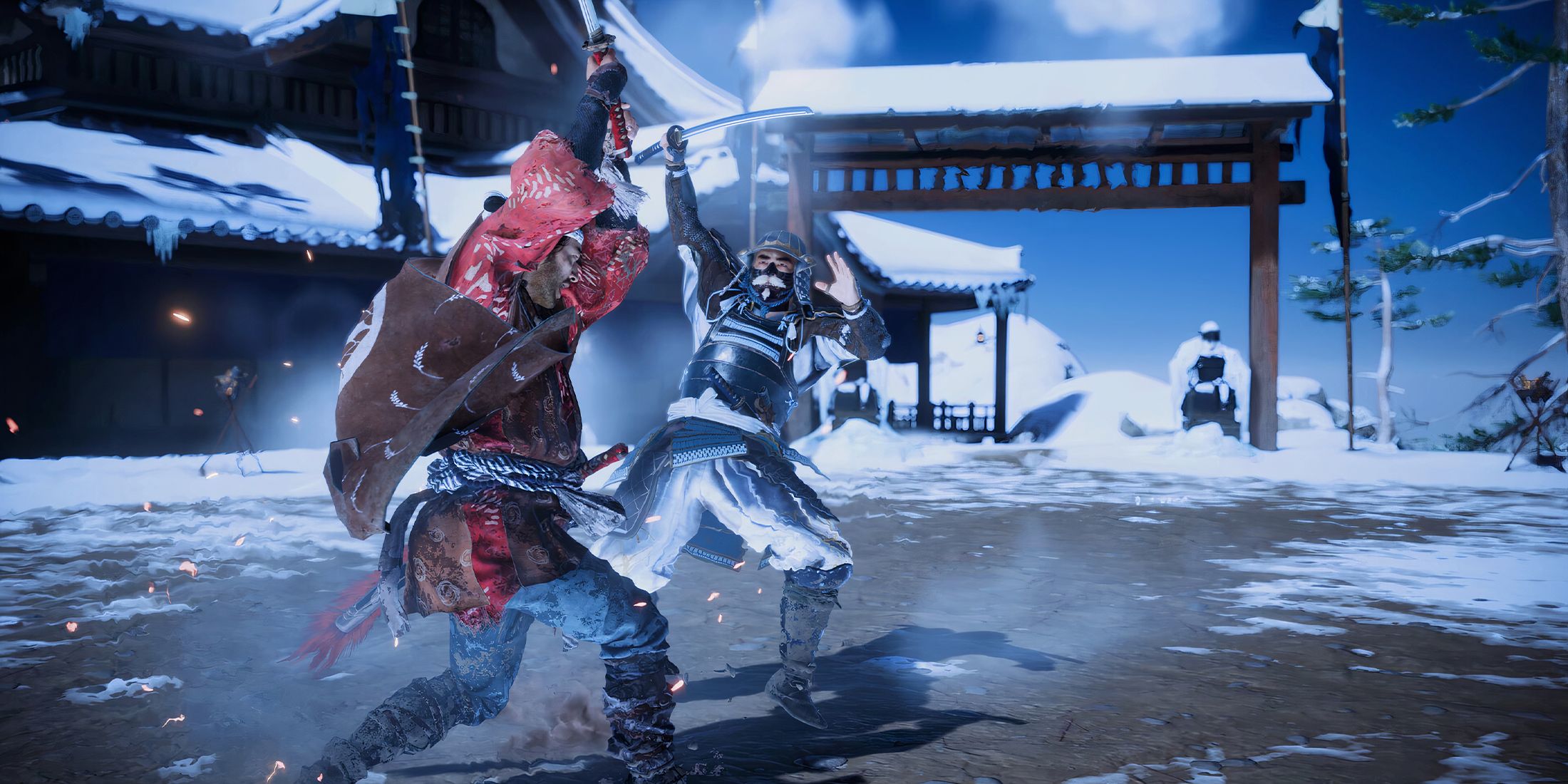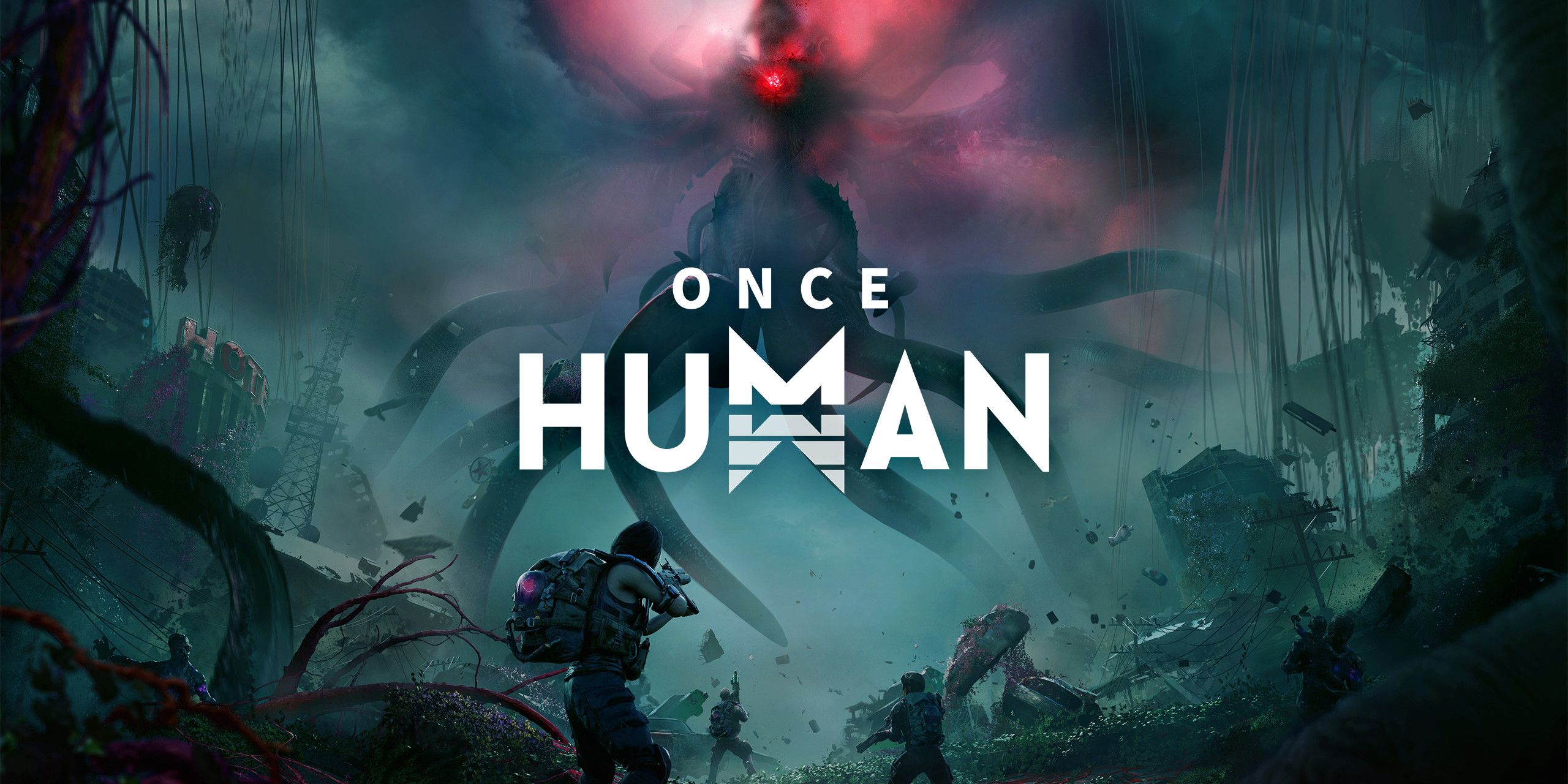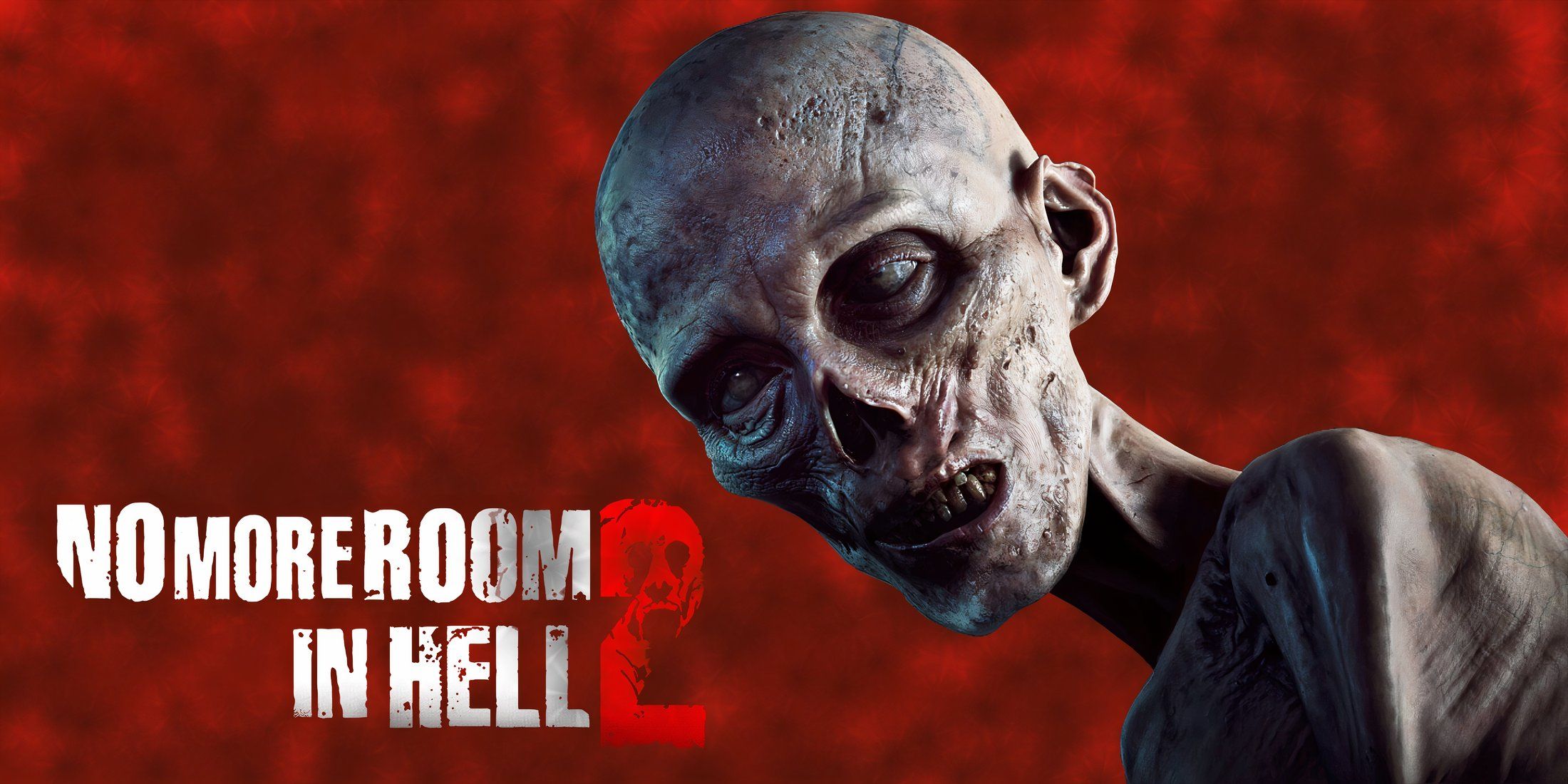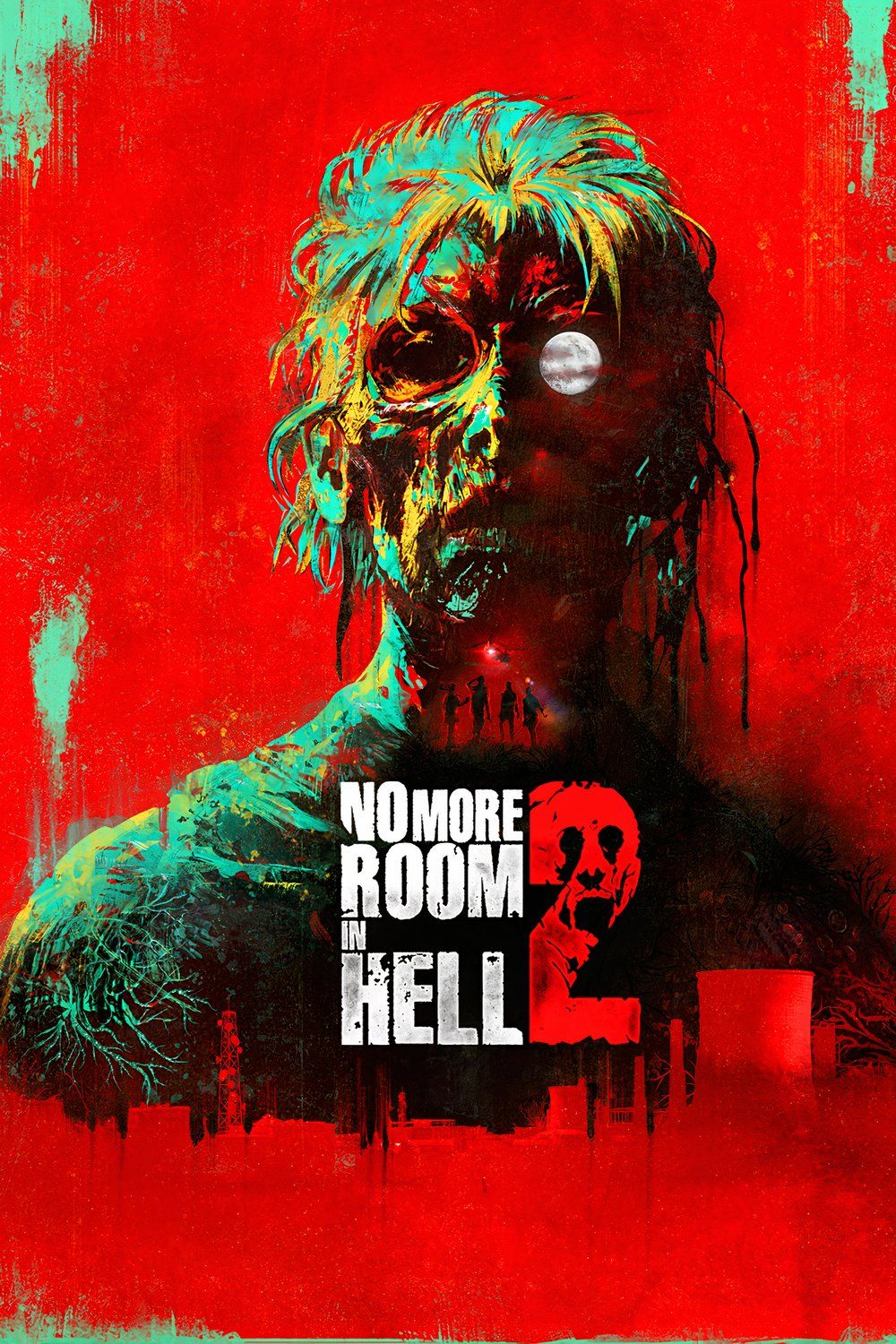Highlights
- No More Room in Hell 2 will introduce permadeath, raising the stakes for players and emphasizing teamwork.
- Proximity voice chat and starting players in random locations may enhance immersion in the co-op experience.
- Implementing permadeath well may be challenging, as it could lead to frustration or require innovative solutions for players who are killed early on.
Torn Banner Games is breaking new ground in No More Room in Hell 2 by including permadeath in the upcoming zombie horde game. While innovative mechanics are always welcome, No More Room in Hell 2 needs to be careful when implementing this new system. At a glance, No More Room in Hell 2 is an 8-player co-op experience where players take on the role of survivors in various zombie-infested locations.
The game is looking to increase the immersion of the genre by starting players in random locations and implementing proximity voice chat, a feature that has become more prominent. Part of the experience will be locating teammates before tackling the main objective. However, permadeath is easily one of its biggest draws because if the player dies they lose all the progress their character has gained and won’t be revivable like in other zombie games. The inclusion of permadeath is a novel idea, but only time will tell how its implementation is received.
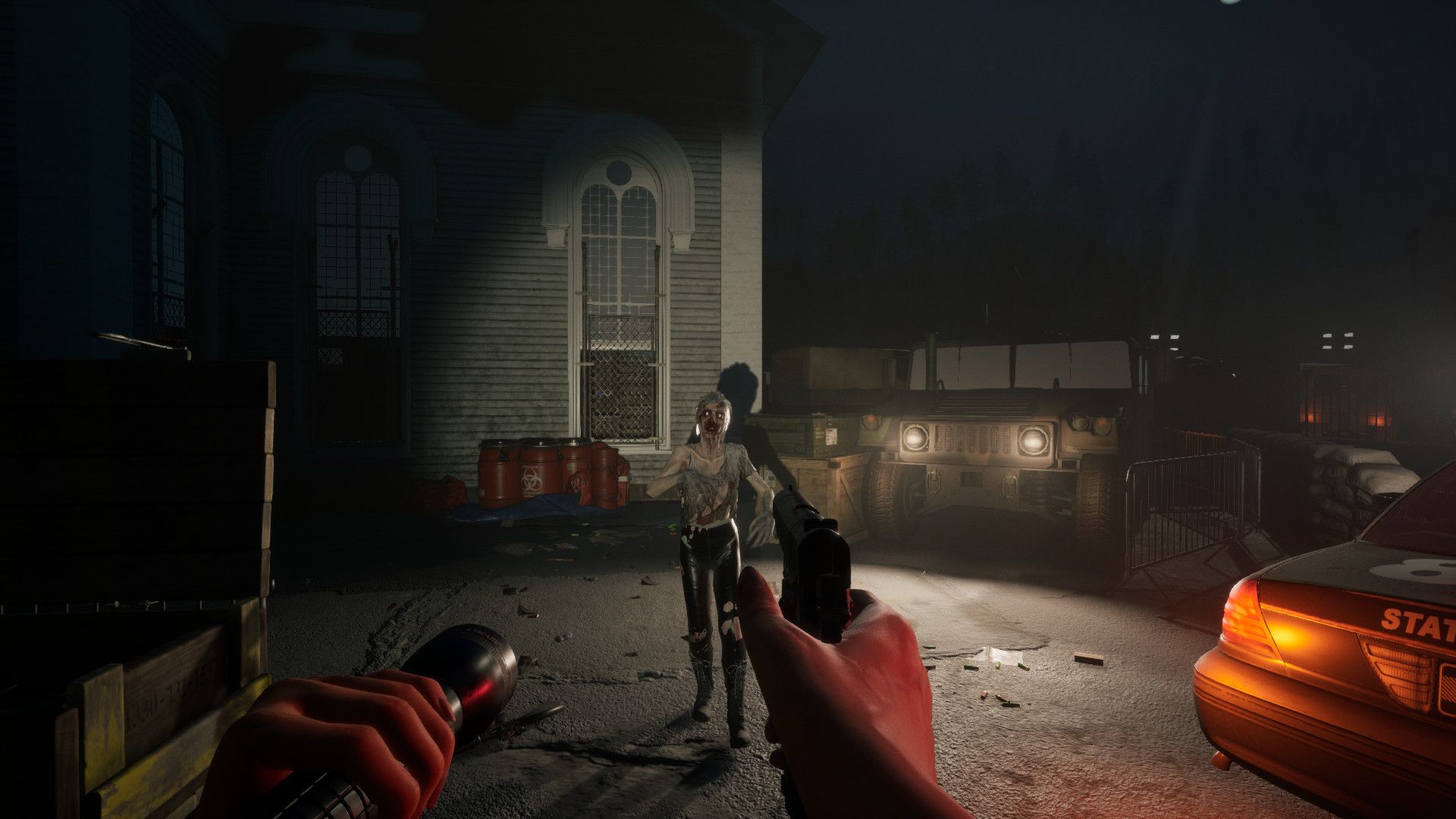
No More Room in Hell - 2 Official Announce Trailer
Work together to survive in a horror world in this follow up to No More Room in Hell
The Impact of Permadeath in a Zombie Game
Torn Banner describes No More Room in Hell 2 as “a co-op game with consequences” in its dev diary. The implementation of permadeath is meant to mirror real life, where people only get one life to live. It raises the stakes in a way other co-op games lack by adding another level of decision-making. The ultimate goal of the game is to stop the spread of zombies, which can obviously be achieved more efficiently by a large group.
Knowing that if they die they lose all of their progress, players may be more tempted than ever to make self-serving decisions. That said, permadeath adds a social aspect to the game, putting players in a situation where the right choice isn’t always easy to find because any death will affect the squad as a whole.
In the best co-op zombie games, a stronger emphasis is placed on the team as a unit and the same seems to be true in No More Room in Hell 2. With each player wanting to ensure they keep their progress for the next mission, it raises a question of how they will work together with their team to ensure not even one person is killed. If a sacrifice has to be made, or a teammate is in danger, they might be more willing to help than in games like Left 4 Dead that have a forgiving revival mechanic.
Permadeath Might Frustrate Players If Not Implemented Well
Moreover, there may be a reason that No More Room in Hell 2 is a first of its kind. Most roguelike games are single-player experiences because of the necessity of death as a game mechanic. Placing that mechanic in a game that requires many players runs the risk of upsetting the ones who may not survive the round, especially if someone dies early in the game.
With the party starting at different locations, an early death might also detract from the experience of the living players as they search for their friends only to find them no longer able to help. Torn Banner surely has these eventualities in mind, but the way it chooses to handle them can be a make-or-break decision.
One way to remedy the problem of player deaths is by giving fallen players another role to fulfill. That way they could continue playing, albeit not in the same way. The zombie nature of the game may provide some design help in that area—one zany solution would be for fallen players to become zombies and fight their former teammates. Asymmetrical multiplayer games have been on the rise, so adding this type of feature could also lean on those mechanics.

